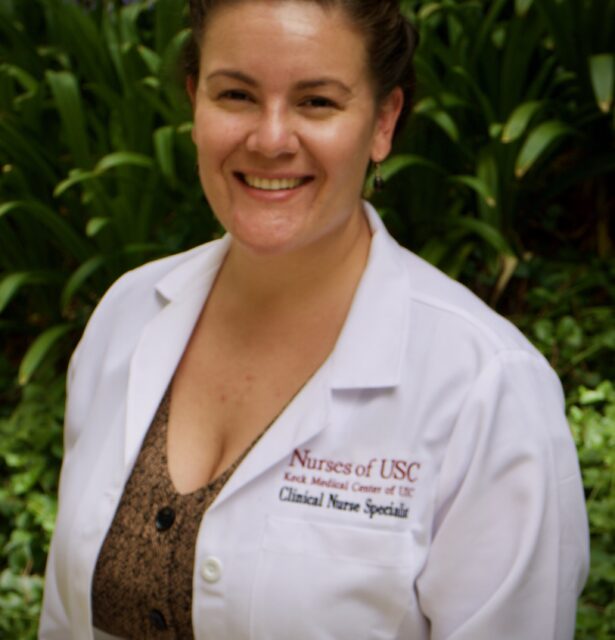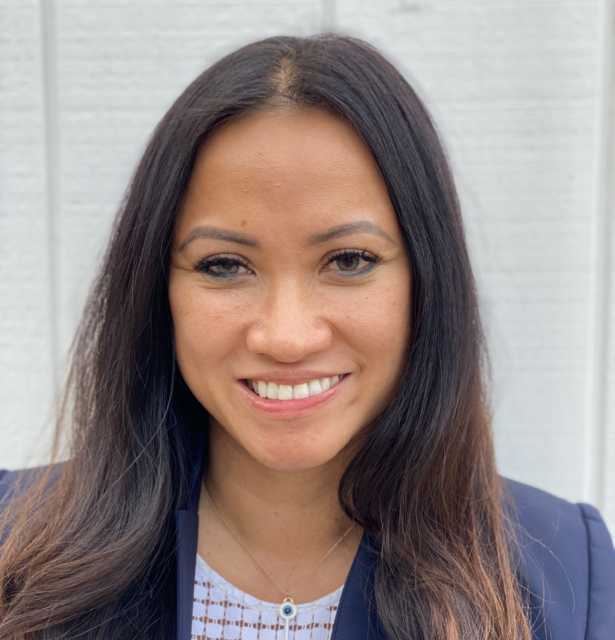Hospital-acquired pressure injuries (HAPIs) affect millions of patients yearly. Critically ill patients are at greater risk for the development of HAPIs due to hemodynamic instability, vasoactive drug use, and increased medical device use. HAPIs are identified as preventable events by the Centers for Medicare and Medicaid (CMS). Prevention of HAPIs has been one of the biggest challenges in the healthcare industry due to the increased healthcare costs and its impact on patient’s quality of life, infection risk, morbidity, and mortality. Using the PARIHS framework, this QI project examines the impact of a HAPI prevention algorithm tool on pressure injury prevention.
Tool: Hospital-Acquired Pressure Injury Prevention Algorithm
Problem: Increasing hospital-acquired pressure injuries; 26-page policy on pressure injury prevention
Tool Selection: Evidence showed that patient care can be provided more effectively and efficiently with algorithms based on evidence-based clinical practice guidelines to prevent HAPIs. Our pressure injury prevention policy had 26 pages, which I turned into 1 page of an algorithm for the clinician to visualize interventions easily
Usage: A laminated hospital-acquired pressure injury prevention algorithm was disseminated in the intensive care unit for easy and simple visualization of interventions to prevent hospital-acquired pressure injuries
Results: Participants’ overall responses resulted in an improved understanding of HAPI prevention. Several survey results demonstrated statistical significance (p=<.05), while others showed clinical significance. The utilization of the evidence-based HAPI prevention algorithm tool revealed improved knowledge in preventing HAPIs, as evidenced by zero reportable HAPI in the pilot unit post-intervention


